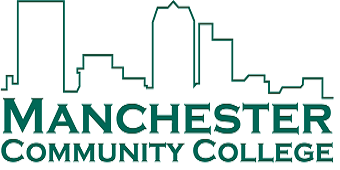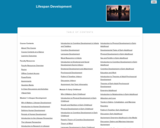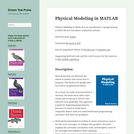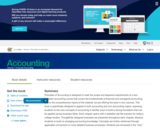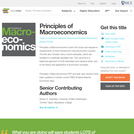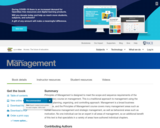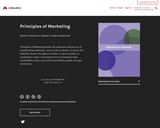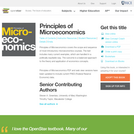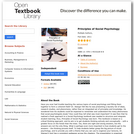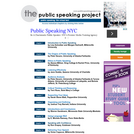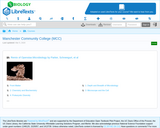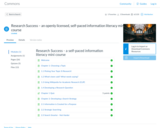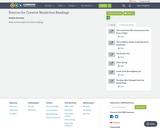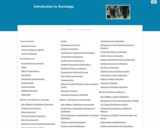
Introduction to Sociology
There is perhaps no course more immediately impactful and relevant to students’ lives than sociology. This course provides a comprehensive overview of key sociological topics and encourages students to think critically about the social world. Students develop the sociological imagination and examine society through each of the main sociological paradigms. The course includes embedded practice questions with targeted feedback to encourage reflection and application, as well as videos, discussions, and assignments.
Key topics include research, culture, socialization, society and groups, deviance and crime, stratification and inequality, race and ethnicity, gender, sex, and sexuality, marriage and family, religion, education, health and medicine, aging and the elderly, government and politics, work and the economy, population and urbanization, and social change. Faculty members may readily adapt the course’s OER content to include new developments and research to equip students with what they need to have success in their sociological journey.
Contributors
This course, based on the OpenStax 2e Sociology text, was developed by Lumen Learning and includes additional noteworthy contributions by the Lumen Learning team and:
What’s New?
The 2019 edition of Introduction to Sociology includes the following significant improvements and enhancements:
Improved course organization
Modules are more consistent in size. This means some modules have been separated out from the previous version of the course. This enables greater instructor flexibility and more manageable learning for students.
Content is organized around specific, granular learning outcomes, which are listed at the top of each page.
Practice questions, try it questions, and quiz questions all align with learning outcomes.
Improved course content
Course content was reviewed for accuracy and currency, then updated with modern examples, news, and research.
“Try It” embedded practice questions for every learning outcome. This means that students learn about concepts and then immediately check their understanding with applied practice.
“Watch It” embedded videos that explain and reiterate key concepts throughout the course.
Most videos come from CrashCourse Sociology, although several others are included from various sources such as Khan Academy and Sociology Live!
Discussions and Assignments for every module
As a Waymaker course, this is customizable and delivered with user-friendly personalized learning tools to strengthen engagement and student success. There are formative self-check assessments and summative quiz questions that can be imported directly into the LMS.
Pacing
The Introduction to Sociology course contains eighteen modules. Since many instructors choose not to teach every module, sometimes it works well to cover roughly one module per week for a sixteen-week semester. Although the modules are generally similar in size, some of the content is lighter in certain modules or more dense in others, so it may make sense to combine some modules in one week or draw out other modules over several weeks. See the “Pacing” page inside of faculty resources for more information and suggestions.
- Subject:
- Social Science
- Sociology
- Material Type:
- Full Course
- Provider:
- Lumen Learning
- Author:
- Cathy Matresse (Columbia Basin College)
- Florencia Silveira
- Rebecca Vonderhaar (Tidewater Community College)
- Sarah Hoiland (Hostos Community College)
- Scott Barr
- Shailaja Menon (Houston Community College)
- Date Added:
- 10/13/2020
